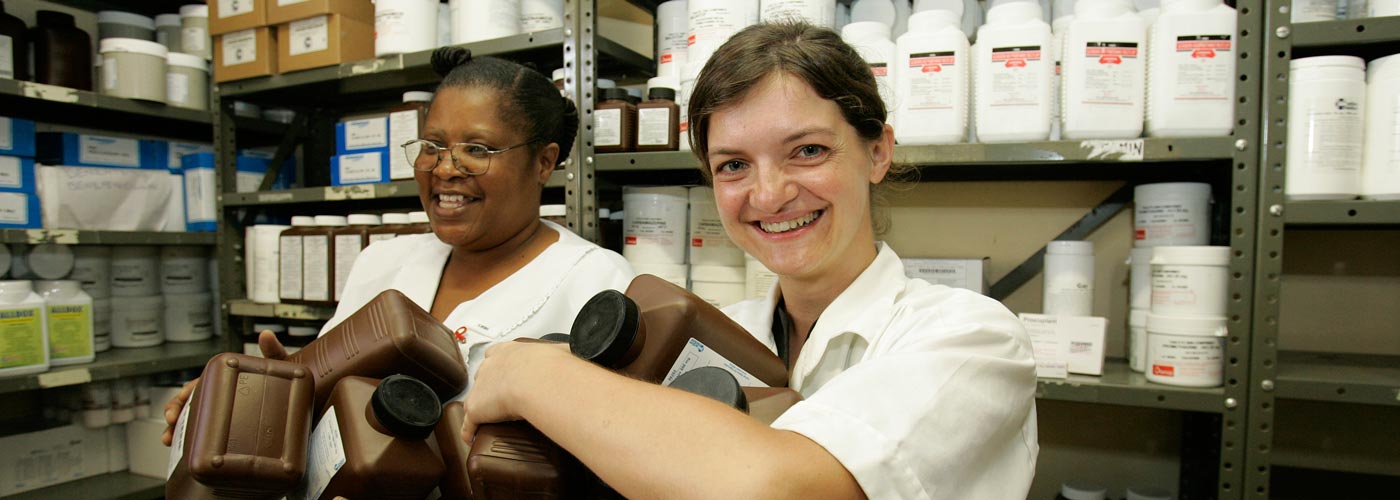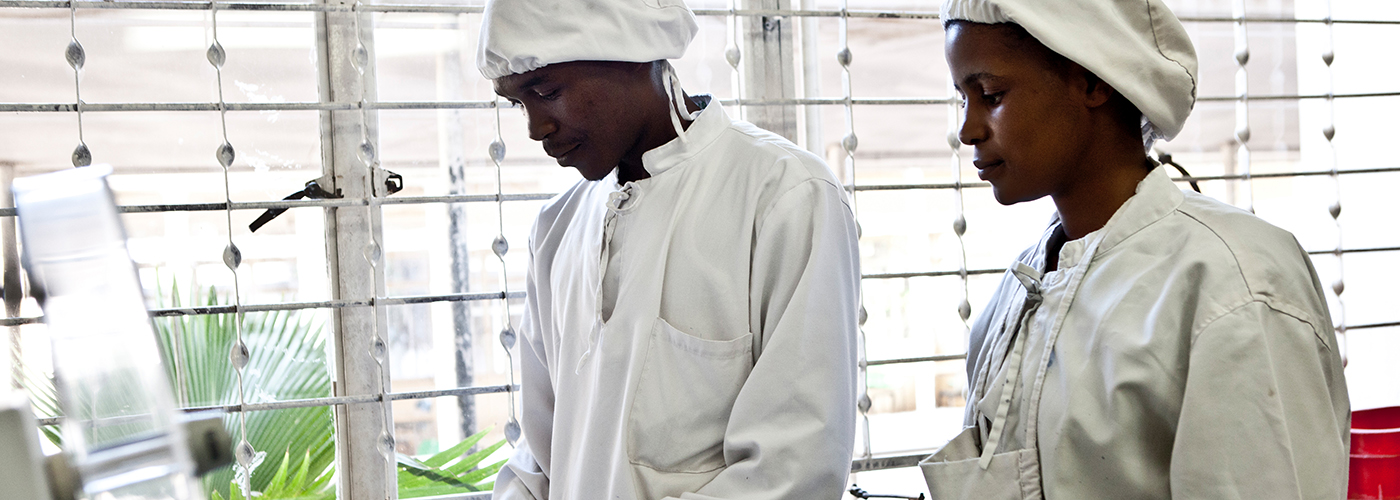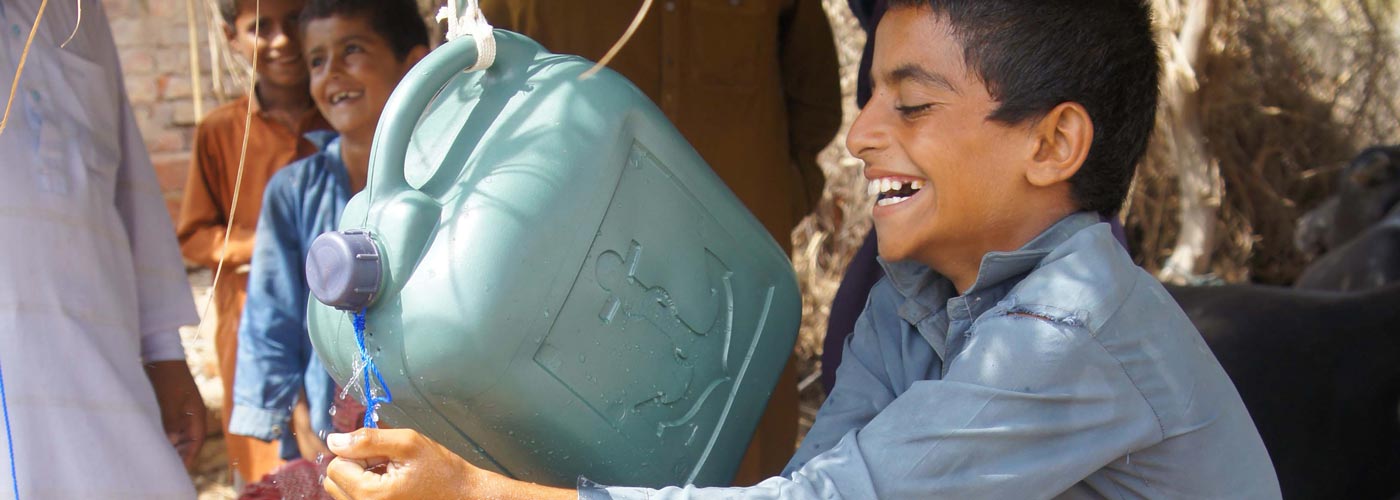You are here:
Improving the quality of pharmaceutical services at health facilities in drought affected areas of Northern Kenya
- Details
One of the biggest challenges in most Sub Saharan Africa is the human resource gap in the health profession. The pharmacy profession is no exception. Positions are harder to fill in rural areas and especially in Faith Based Organisations (FBOs).
The situation is even worse in drought stricken areas such as Northern Kenya where this project was conducted. Staff who tend to work in these dispensaries or pharmacies are not formally pharmacy trained. This poses a major problem in promoting access to safe and effective medicines and rational use of medicines. It also leads to poor pharmacy practice that contributes to poor health outcomes. Some of the pharmacies and dispensaries are run by nurses or staff with no medical training at all. In visiting and assessing these facilities, two areas of pharmacy practice were identified as having the largest needs and gaps: stock management and good pharmacy practice habits.
action medeor with its experience in training, wanted to support health facilities run by churches in drought stricken Northern Kenya with the support of partner Ecumenical Pharmaceutical Network (EPN). The main objective was to improve the pharmaceutical services at health facilities in drought stricken Northern Kenya through capacity building and training addressing the two main areas mentioned above.The approach for this project was to train ten medical coordinators, experienced in conducting outreach activities, supervisory visits and passing on of knowledge to other staff. After training of these 10 trainers/supervisors, personnel from 50 health facilities belonging to ofthe Christian Health Association of Kenya (CHAK) and the Kenya Conference of Catholic Bishops (KCCB) were trained in the basics of stock management and dispensing. They came up with an action plan and returned to their health facilities for implementation. During the outreach phase the ten supervisors assisted with the implementation of the predefined action for the 50 trained staff. A final evaluation phase disclosed any challenges of sustainability and what was achieved through the intervention measures.
Projectinformation:
- Target:
- Improved quality of pharmaceutical services, medicine management and rational drug use in 50 faith-based health facilities in Northern Kenya
- Audience:
- Pharmacy staff of 50 health facilities in Northern Kenya and consequently the patients of the health facilities they work in
- Projectarea:
- Marsabit, Isiolo, Samburu, Turkana, West Pokot und Baringo County, Kenia
- Projectdescription:
- Phase I: 10 supervisors were trained in Nairobi
Phase II: 2 training courses on essential pharmacy practice for pharmacy staff (25 participants each)
Phase III: Implementation of training contents and support supervision in 50 selected health facilities
Phase IV: at least 10 health facilities are assessed - Term of validity:
- April-December 2014
- Projectvolume:
- 71.300 Euro
- Sponsor:
- Aktion Deutschland Hilft
- Projectnumber:
- 6100086
- Responsible:
- Antje Leyian / Jutta Herzenstiel


